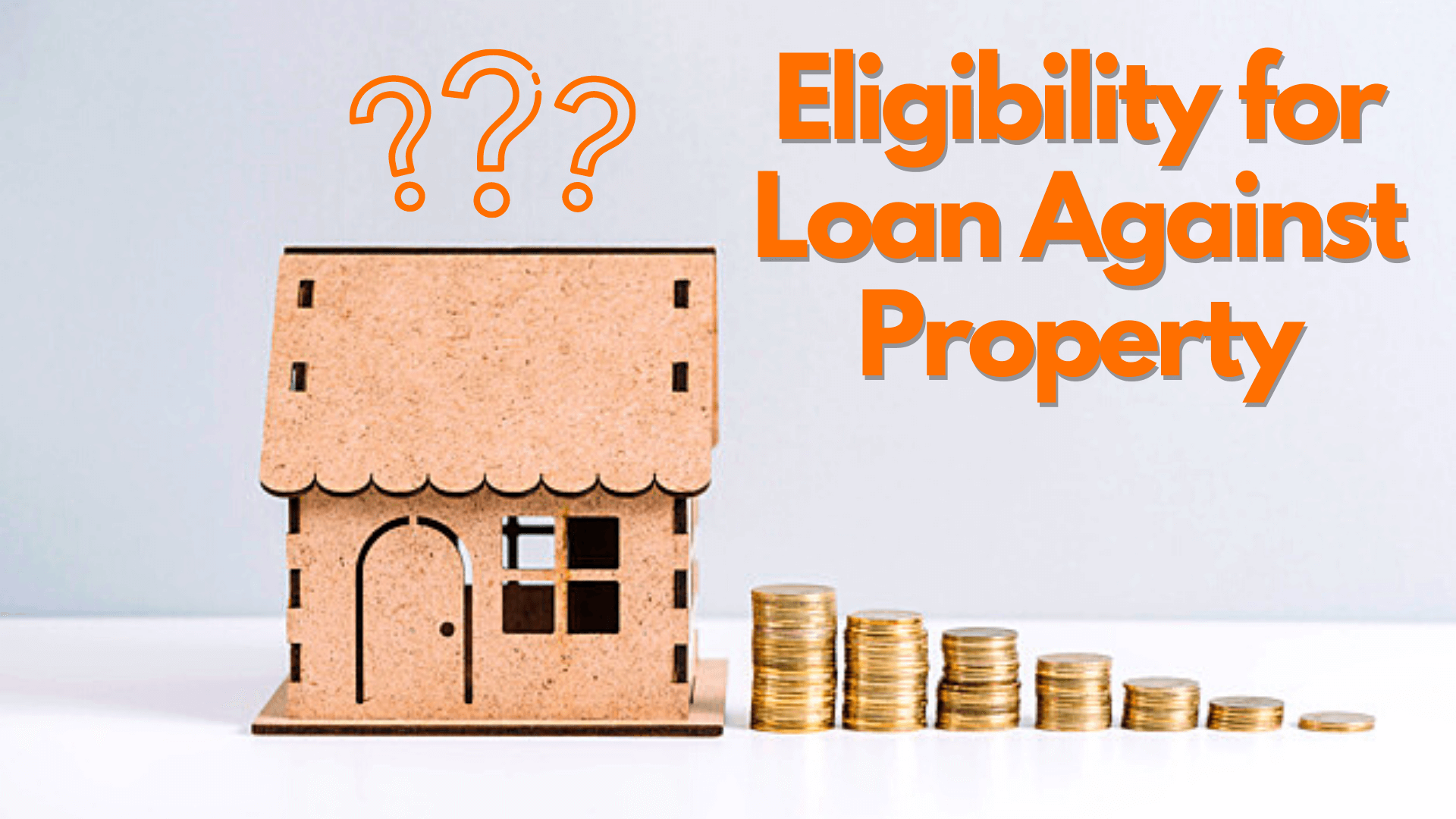The need for funds can arise at any time. While there are a number of ways to get the same, generally, the number of funds needed to handle emergency situations can be very high because most people take unsecured debt.
However, if you can, it is always best to avail of a secured loan. Such loans come with a much lower interest rate because they are given against collateral.
A loan against property is a great choice for people looking to get secured loans. The following is a list of factors that can improve your eligibility for this kind of loan.
1. Value of the property: For a LAP application, the value of the property as calculated by the lending firm is considered the primary basis of loan amount and eligibility.
The lender will get their own surveyor and assessors to decide the value of the property being pledged. They will then let you know the loan eligibility that is applicable.
Keep in mind that lenders do not offer loans against their full valuation of the property. The percentage differs from lender to lender.
2. Nature of property: Residential or Commercial: This is one of the aspects based upon which a lender might decide if a property can be kept as collateral.
There are financial institutions that lend against both residential and commercial properties, and then there are some that only lend against residential properties.
Even lenders that accept both types of properties, might disburse a lower loan amount against a commercial property than a residential property.
3. Location of the property: The location of the property can play a very important role in determining its eligibility for the loan.
Some lenders only provide loans against properties that are within the municipal limits of any given city. Other lenders can provide loans against properties located in semi-urban areas as well.
Lenders who are ready to accept properties in rural areas as a mortgage are very few and far between.
4. Nature of ownership – Single or Joint: The property must have a clear ownership title for it to be eligible for a LAP.
While jointly owned property can also be considered for the loan, such cases may require a joint application before the loan can be considered.
Also, keep in mind that some lenders may give you a lesser loan amount in this case than the single owned property of similar nature.
5. Loan history on the property: Loan history on the property can also be a significant factor in deciding how much a financial institution will be able to lend you a loan against property.
For example, a residential property that was originally purchased with a home loan will ensure that things are smooth sailing in the LAP application.
As compared to this, an ancestral property may undergo extra scrutiny when a LAP is applied based on it.
6. Income of the applicant: Income of the applicant always forms the primary basis on which any kind of loan, secured or unsecured, is decided.
Every lender has their set formula to decide the amount they will lend against a property.
Generally, the sealing on this rule is that the EMI amount should not go over 50% of the income of the applicant.
If you jointly apply for a loan against property, the lender may consider combined income and offer a higher loan amount.
7. Credit score of the applicant: Credit score is also very important and considered as a key factor for any loan, including loan against property.
That is because, it indicates how creditworthy you are, or how efficiently you can repay the loan on time. The higher your credit score, the easier will be the loan processing.
You might be able to bag a low-interest rate too, this way.
8. Age of the applicant: The age of the applicant is considered a crucial factor in loan application decisions, especially when loan applications are made for longer periods Some companies impose a minimum age limit of 25 years and a maximum of 50 years for LAP applications.
Some may have more relaxed age limits as long as the loan tenure expires before the primary applicant turns 65 or 70 years of age.
9. Applied Loan Tenure: The loan tenure that you apply for can also have a strong bearing on how much loan you will be eligible for.
Generally, this works in coordination with the age of the applicant. Loans that are applied for a shorter duration are known to be granted more easily than loans of a longer duration.
Similarly, longer-duration loans for higher loan amounts are also granted more easily than shorter-duration loans for the same amount.
10. Property Insurance: Though it might seem a bit counter-intuitive, having a valid insurance on the property can make a positive impact on LAP eligibility.
A property with valid and adequate insurance will always be able to get a higher loan amount than a property that is not insured.
Two factors drive this.
It is because the insurer has already valued the property and it shows the owner’s commitment to the property.
All in all, if you are looking to get the highest loan against the property amount possible, make sure to keep all the above factors in mind. This will make you perfectly eligible for the loan and ensure that the processing is smooth and fast.
